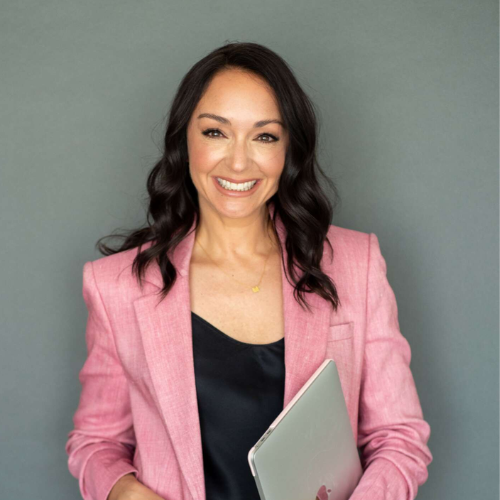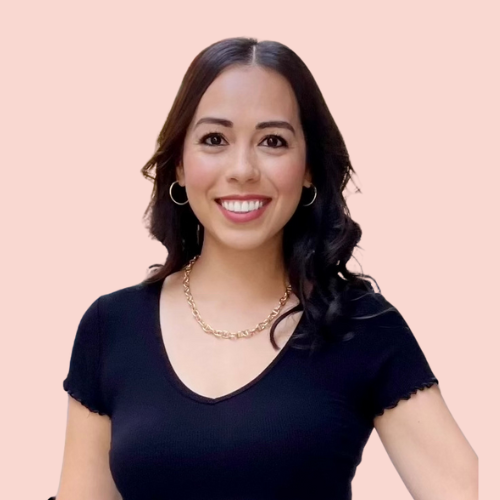Renowned Chef Judy Joo on forging her own path as an Entreprenista
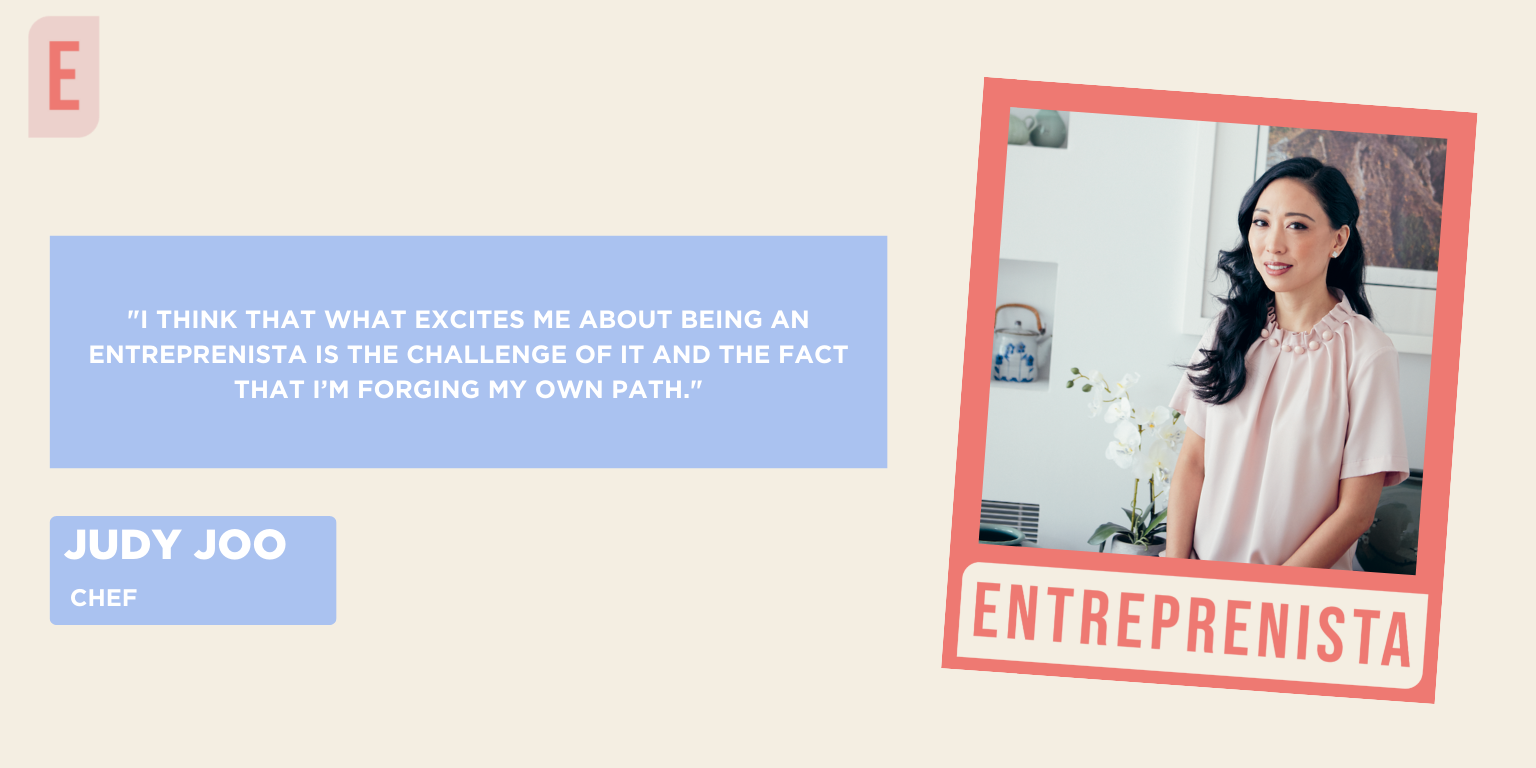
Please share a brief introduction about yourself and your business:
I am a career changer, and I had a rather serendipitous route into the kitchen. I started out as an engineering major in college and then went into finance and worked in fixed income derivatives for about 5 ½ years until I decided to give that up and completely change courses and go into cooking. I went to cooking school in New York City and I never looked back. Now, I’m on my fifth restaurant and I’m operating globally with more to come, I have two books under my belt and another one about to come out, I’m doing television shows, and writing for publications across the globe. I never thought my cooking career would lead me to where I am now, and I love it. It’s extremely rewarding, challenging, and exciting, and I’m learning new things every single day.
What excites you about being an Entreprenista?
I think that what excites me about being an Entreprenista is the challenge of it and the fact that I’m forging my own path. I have no idea what each day will bring. I think that most entrepreneurs would agree that our lives vary day to day, and we can try to make plans, but you can’t plan how your day will go. Our lives are full of twists and turns, surprises, and success and failure all over the place, which makes for a really exciting and challenging landscape to navigate. I’m always confronting a challenge, I’m always using different parts of my brain, and I think that being an entrepreneur really forces you to think out of the box, to be creative, to be a business person, to be involved in operations and in all different facets of the business from the ground up. Not just one silo of it. That’s what I find exciting.
What made you take the leap to start your own business?
When it comes to working in a field that is creative, such as cooking, you kind of have to go out on your own to make a name for yourself. Because otherwise, you’re always cooking under somebody else’s flag. You’re cooking for a brand, nobody knows who’s in the kitchen, you’re cooking for a famous celebrity chef, and it’s all of their food, their creative, their design, and it’s them. So, there comes a certain point where you become more senior and move up until you get promoted. When you’re head chef, in order to take that next step, I feel that you kind of have to embark out on your own. Now, not everybody wants to do that, some people want to specialize in operations, and some people want to specialize in other aspects or different facets of the business. But for me, I definitely felt that my food was different enough that I wanted to do my own style, my own way of cooking, and that my cuisine deserved its own attention. So that’s why I decided to open up my own restaurants and I very much wanted to wave the Korean flag, because I felt like Korean food and Korean restaurants are underrepresented and not represented and in an accurate, authentic and also cool way, particularly here in London. There weren’t really any Korean restaurants that I could be proud to take my co-workers to, you couldn’t order a really nice Margarita in them or a cocktail, there wasn’t nice lighting, there was no mood or atmosphere, there was no attention paid to ambiance and I wanted to really show off Korea’s flavors, colors, textures and all of Korea’s unsung culture that really nobody knew about.
What was your background prior to starting your own business?
I had a very typical Tiger parents upbringing, Korean immigrant parents. We’re supposed to be doctors, my whole family is doctors. So I went into the sciences because my mom was a chemist, my dad was a physician, and science was really the only thing that I knew. I went to engineering school at Columbia, and realized that I wasn’t smart enough to be an engineer really quickly. But, I could use those hardcore quantitative skills in the field of finance. Back then it was the height of finance, The Wolf of Wall Street days, all of the banks were still open like Bear Stearns, Salomon Smith Barney, Lehman Brothers, all of the big players were still very much in the game and making a lot of money. You couldn’t go to school in New York City and not feel Wall Street calling. Everybody was doing internships in finance, because it’s on your doorstep. All of these companies would recruit heavily at Columbia, because it was so easy, just a subway ride away. I interned at Goldman Sachs and at Morgan Stanley in headquarters before I even graduated, and so that’s how I wet my palate for it. It’s an exciting place being on the trading floor at that age, lots of people yelling, screaming, and you learn through osmosis, and I absolutely loved it and thrived in it. But, it took about five years for me to become slightly disenchanted with it. And I realized that, okay, yes, I’m learning a lot and I find it challenging, and I love my coworkers, etc., but I’m not necessarily in love with the market, and I don’t necessarily have a passion for fixed income derivatives. I kind of had this epiphany. I wanted to spend all of my free time reading Zagat, and I was always reading about which restaurants were opening up and what the chefs were doing. I was reading Food and Wine and Saveur and all these great food magazines and cookbooks all the time. I just knew I wanted to be a part of this world. I didn’t know what exactly I wanted to do, but I just wanted to be in food and so and I enrolled in cooking school. I started working in food media initially because I didn’t want the hours of working in a kitchen. I just didn’t think that I would’ve survived, so I worked in magazines like Slow Food USA and I worked in both editorial and then test kitchens at Saveur. It was only when I moved across the pond that I started working in kitchens. And then one thing led to the next, and somehow, I ended up getting the Iron Chef gig, becoming one of the Iron Chefs of the UK – the second female Iron Chef worldwide, the first female Iron Chef in the UK. That was a turning point for me because that’s when I started doing more television in the United States. The production company that does Iron Chef America was consulting for Iron Chef UK and sort of bringing me back across, and I started in doing a lot of judging. That led to my own show, which was on Food Network worldwide called Korean Food Made Simple, which had two seasons and is still played on reruns worldwide and on Amazon now. That had its own book, I wrote another book, and then I opened up my own restaurant, and it’s been a wild ride since.
Did you always know you wanted to be an entrepreneur?
I think that it was always in me because I never really liked working for someone. Yeah, it’s cool being part of such a large company like Morgan Stanley or Goldman Sachs, but you pick up on it right away that you’re just a cog in a very well-oiled wheel. This wheel is going to turn very well with or without you, they’ll just hire and fire whoever and it doesn’t really make a dent, you’re just told what to do. Until you become very senior, you’re not really making any type of important decisions. I felt that becoming an entrepreneur younger, I could make my own decisions, forge my own path and be creative in a way that I wouldn’t be allowed to in a large corporation, not because they weren’t willing to hear you but because you had to just pull rank so much. Nobody’s really going to listen to you until you’re there for 10+ years, whereas if you own a company, you can do that at any age. As an entrepreneur, you’re CEO immediately and you’re in charge of your own destiny, the harder you work the harder that’s going to pay off to yourself. I was working so incredibly hard to the point that I was always sick. I think I took five days of vacation in two years combined, and that doesn’t necessarily help you. Yeah, that is going towards a company and maybe it makes a difference in terms of your pay or, or things like this, but it’s not something that really impacts you. At the same time, being an entrepreneur, I’m never really off, I can never really go off the grid and just turn my phone off. That being said, the only person that’s going to hurt is me if I miss an email or if I miss something that is a great opportunity, and so it’s kind of a hustle. But I enjoy that. And I feel that I’ve always had that kind of fire in me. You can’t really be an entrepreneur unless you are a self-starter, because there’s nobody that’s going to kick your butt except for you. You have to be able to kick your own ass. You have to also believe in yourself, you have to have this unfettered confidence to some extent, to believe in yourself and to bet on yourself. I think that is something you learn over time, as you have a bit of experience under your belt.
Take us back to when you first launched your business, what was your marketing strategy to get the word out and did it go as planned?
My first business was probably my first restaurant, which was called Jinju a number of years ago. I was quite lucky with my business and PR Plan because it kind of fell in my lap as I was doing something so incredibly different. I already had a profile and people knew who I was, I was the only Korean chef in the entire city of London doing something. Korean food was already making waves and people were already interested. People were curious about Iron Chefs that are ready to play, and most people had already been watching me. I didn’t even have to ask the critics to come in, there was already buzz about it just because of the of the location of the restaurant, who I was, and the type of food I was cooking. People wanted it, they were ready for it, and they were craving to taste it. So I was lucky and I think that is not so much of a marketing plan, but it is identifying a gap in the market, which is why I stayed in London. I came to London with my now ex-husband, but I got divorced in London. I thought, I don’t want to stay here. I want to go back because obviously divorce is the most awful thing you can go through, I want to be around my friends, my family, I just want to be wrapped up in a bunch of hugs from my people that I love. Why would I want to stay in the city where I have nobody? And then, this opportunity presented itself. This sounds so hokey, but when God closes a door, he opens the window. Marriage is over, that’s something I never planned on, but now I have this opportunity in this city where there are no other Korean chefs, so I’m a bit of a unicorn, there are no good Korean restaurants, I have a media profile, I am doing things, and I’m getting the attention of the press. I am a unicorn and I’ve got this great site that somebody offered to me smack in the center of Soho, on an amazing street so I took a leap of faith and did it. I had to recognize that gap in the market identifying an opportunity and really go through all the pain and all the chaos and all of the B.S. of divorce, but I saw the light and actually chose to follow it and go outside my comfort zone and not just run back home.
What is the biggest challenge you have encountered along the way and what did you learn from it?
From a business sense, I would say that being a minority female in a very male dominated industry, in a country where I don’t have the right accent which makes me seem like even more of a foreigner because I’m not white has been a challenge. I don’t speak like a local. And then also cooking an esoteric cuisine that people are curious about but don’t know anything about has been a big challenge. The industry is rife with misogyny – I feel that and I see it all the time, and despite all I have accomplished, I still have to prove myself. I am always told “You don’t look like a chef”, and it makes me think, what does a chef have to look like to be taken seriously? What they’re actually saying, is that, because you don’t look like a chef, I don’t believe that you’re a chef, I don’t believe that you can cook and I don’t believe that you’ve done all of this on your own. Because if you don’t look the part how could you actually be doing this? Do I actually have to masculate myself, in order to be taken seriously in a man’s world? Despite all of my accolades, all of my achievements, everything that I do, I’m constantly being second guessed, and constantly being challenged on my skill set and not being taken seriously, and that’s frustrating. Also, it’s hard in the UK, because I don’t have an English accent. All of the shows here are Great British Menu, Great British Food Revival, Great British Bake Off, everything is British. I’ve been here for 18 years, I never get to be seen as British, I’m a passport holder, and I am constantly passed over all of these roles because I don’t have the right accent. I’m also Korean, which people are confused about, because they don’t know what Korean is. It’s been an education not only to the public when I opened up my restaurants and still is, but to food critics where it’s their full-time job to study and to be knowledgeable about food, and they’re comparing my foods to Thai food and my restaurants to Thai restaurants. It’s frustrating to have to educate people who I feel should be more educated. It’s frustrating still in this day and age to be tasked to teach people about the cultural differences within Asia and also to respect that. Asia is more fragmented than Europe, and they have no problem respecting the different cultural nuances within Europe, the Germans are different than the French versus the Spanish versus the Italians, etc. Whereas in Asia, particularly East Asia, Asia is such a huge continent in the first place, so, the Indians versus the Koreans versus the Japanese, that’s massive. East Asia is very different, we don’t share language, we don’t share an alphabet, we don’t share religion. It is a massively fragmented concept and to group Chinese, Japanese, Thai, Vietnamese, all in one genre is just ignorant in my opinion and I get frustrated by that. When people actually criticize my food, saying that it misses lime, lemongrass and coconut, I just find that hugely, incredibly ignorant, just look at a map. We’re not a tropical country.
What is the accomplishment you are the most proud of to date?
I sound hokey, but I’m really happy that I’ve employed so many people. Right now, I employ a mom and a son, which I think is quite cute. We gave a chance to a young guy, in his 20s, and he has learning disabilities. His minder came in and says, “He keeps getting fired, nobody’s going to give them a chance, do you think he can work out here?” Being able to provide him a comfortable, safe place to work is quite rewarding. My COO Andrew Hales and I are constantly trying to figure out how we can improve things to make ourselves a destination employer. It’s everything from being creative with the rota so that people can work just four doubles and take three days off, opposed to working six days, and having these weird breaks. We’ve been in the industry long enough that we know it’s hard and people commute from very far away. So, the advantage of just getting it over with and working double shifts four days in a row, is they can get three days off and they can have a life on their days off. One day off here, another day off there just doesn’t work. We try to create a corporate culture that also has meaning, I believe that every company should have a higher social cause, so we’re aligned with a charity called CALM, which is the Campaign Against Living Miserably. It’s a mental health charity, which I’m very happy to be allied with. We have certain menu items that a percentage of proceeds go towards this charity, etc. And we’re doing walks and community events with our employees around that, too. It makes them feel good about it. So, I like employing people and providing people with jobs that are meaningful.
Do you believe in work/life balance? What are some of your best tips?
Work/life balance is essential. I am a big advocate for mental well-being, my father is a retired psychiatrist, so mental health has always been important and in the forefront in my life. When I was growing up, my dad would always say just regulate your habits and that was work and play for me. In every sense, he was all about balance and harmony, and it is all about time management. I treat my personal time for things that I want to do like appointments, and it helps me because if I pay for things, then I’m going to show up. For example, I have a hard time going to the gym, but if I pay for a Pilates class, I will show up, or if I pay my tennis pro, I will show up for a lesson. Otherwise, it’s easy to get caught up in something else and not make time for yourself. I feel better when I have stretched and moved, I know my body is best when I feel more mentally alive, when I don’t drink too much, and I’m not hungover, I eat foods that I digest well, and I don’t overeat and I’m not in a food coma from Taco Bell or something, which I do love. Life is all about balance, you have to enjoy life. I’m not talking about eliminating all the things you like because there are times where you should drink too much wine and celebrate or eat too much pasta and have too much cake or cookies. Food is one of the greatest pleasures in life, but it’s all about balance. Have everything in balance in all areas of life, it’s like taking a shower, just do it because you have to – squeeze that Pilates session in, squeeze that tennis lesson in, take a walk. A lot of times, I multitask. If I’m walking to an appointment, I’ll schedule in the amount of time it takes for me to walk there so that I do walk. I’ll listen to a podcast on the way that I find particularly interesting or listen to something I enjoy. Using your time smartly is also important. I want to stress that you have to sleep, because I think that sleep is the third pillar of health along with diet and exercise. Without one of those pillars standing firmly, you’re going to lose balance somewhere. We’ve all been there when you haven’t exercised in such a long time or you eat poorly, you just start feeling lethargic. If you don’t sleep, you can’t think straight, and so, getting the balance of those three pillars right is the recipe for success, not only personally but also professionally. You can’t just work all the time, I love to hang out with my friends, hanging out with my boyfriend, go out to dinners, do cultural things and it’s how you learn and grow as a person too. If you’re an entrepreneur, you can carve out your own time. You don’t have to tell anybody when you’re going on vacation or holiday! If you want to start your day at 10:00 AM, you can!
What’s a piece of advice you can share that you wish you’d known when you first started your Entreprenista journey?
I think that people have to realize it’s going to be a lot of hard work and you don’t always realize just how much work it is. It’s not easier than working for a large company. It’s more rewarding in some sense because you’re working for yourself and you’re building value that is intrinsically yours. But, you’re working all the time. You cannot blame anything on anyone else except yourself, unless it’s some external factor like COVID or something else that destroys the world for a couple of years. When it comes to passing the buck, it stops with you, because you’re in charge of your business. It’s difficult and you’ll be faced with a lot of hard decisions, for example I’ve had to bridge finance my entire business for a while because my investor dropped out at the last minute and I’d lose this amazing lease which I’d been working on for three years. I bet on myself and put all my money where my mouth was, bridged it, and you just have to take that kind of risk. You can’t expect all of these other people to put their money in you, unless you put your skin in the game too. You can’t expect other people to risk their hard-earned capital, you need to bet on yourself and I think that that’s important for a lot of investors to see. And that’s scary, but you just have to have the confidence to do it.
I think that the other word of advice is to build a really good team around you because you’re not going to be able to do it yourself. There’s too much work, especially if you grow and more heads are better than one. You need people who specialize in different parts of the business that perhaps you’re not as good at. Also, there are only so many hours of the day, you have to delegate, you can’t do it all yourself. Maybe in the beginning, you can, but as you grow, you can’t, you’ll just drive yourself crazy. So, you have to build a good team around you, trust them, and then delegate well. You have to find people whose expertise is better than your own, and then just let them do their job.
What have you achieved recently that you’d like to celebrate with our community?
I would say that being the commencement speaker for Columbia University was one of the greatest things to have achieved in my life, definitely a bucket list Lifetime Achievement. That’s something that actually resonated with my parents, too, and not everything resonates with the parents!
What’s next for your business? What can we expect to see over the next few years?
International expansion for sure! Hopefully, some will be announced shortly, which is very exciting. So definitely growing and on the franchise type model, which will be great and I’m looking forward to adding some key markets. And that’s just the Seoul Bird brand! For my personal brand, I’m definitely looking forward to another book and more television is coming up also. That’s what is on the calendar now.

![[Template] Website Member Feature Banner (1) [Template] Website Member Feature Banner (1)](https://entreprenista.com/wp-content/uploads/2024/07/Template-Website-Member-Feature-Banner-1-8.png)
![[Template] Website Member Feature Banner (1) [Template] Website Member Feature Banner (1)](https://entreprenista.com/wp-content/uploads/2024/07/Template-Website-Member-Feature-Banner-1-7.png)

![[Template] Website Member Feature Banner (1) [Template] Website Member Feature Banner (1)](https://entreprenista.com/wp-content/uploads/2024/07/Template-Website-Member-Feature-Banner-1-6.png)
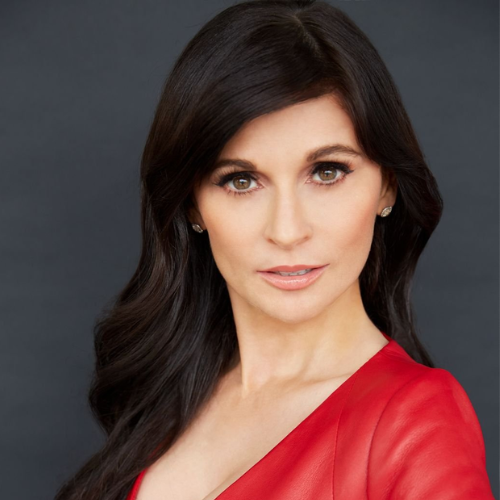
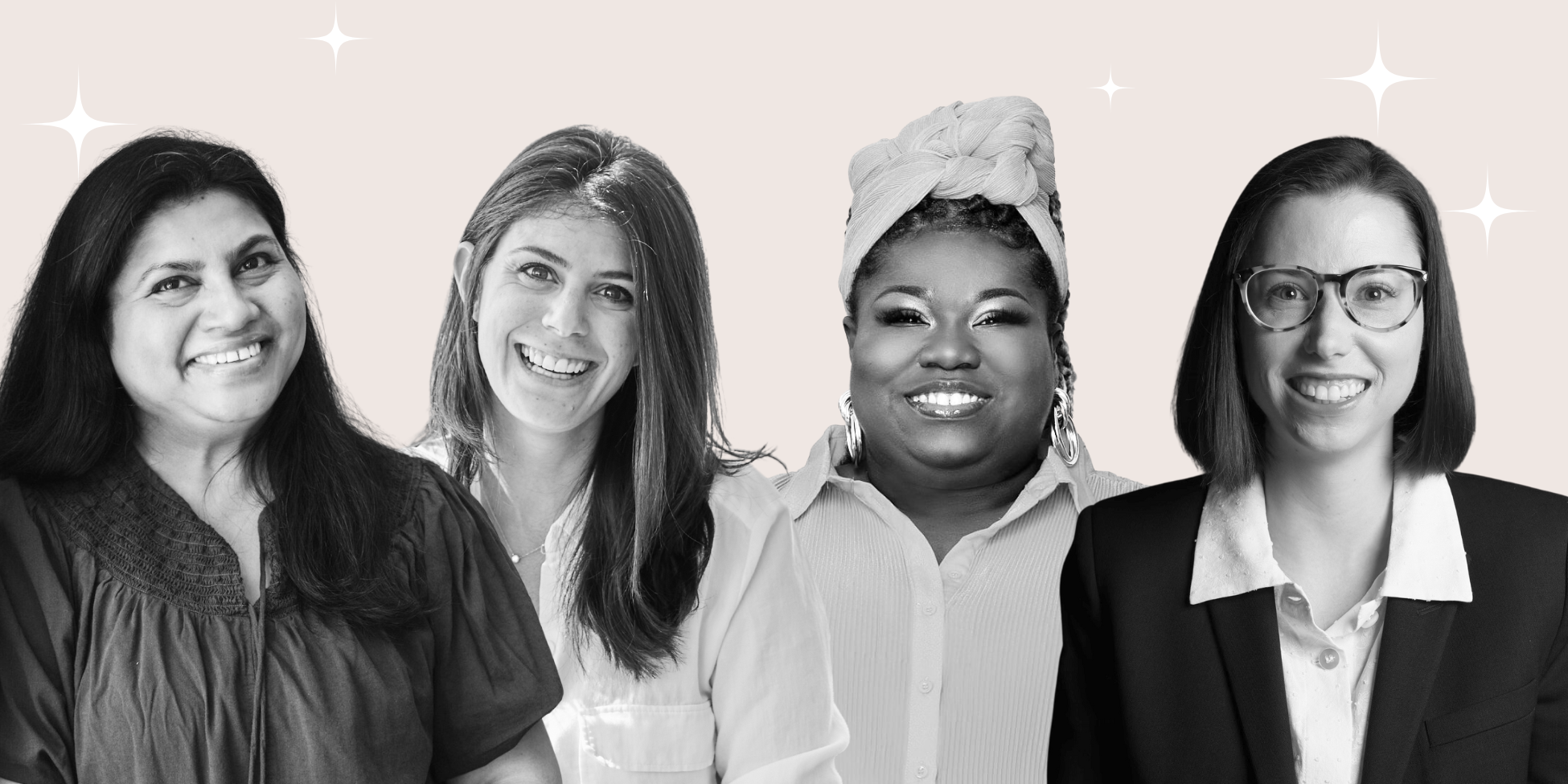
![[Template] Website Member Feature Banner (1) [Template] Website Member Feature Banner (1)](https://entreprenista.com/wp-content/uploads/2024/07/Template-Website-Member-Feature-Banner-1-5.png)
![[Template] Website Member Feature Banner (1) [Template] Website Member Feature Banner (1)](https://entreprenista.com/wp-content/uploads/2024/07/Template-Website-Member-Feature-Banner-1-4.png)
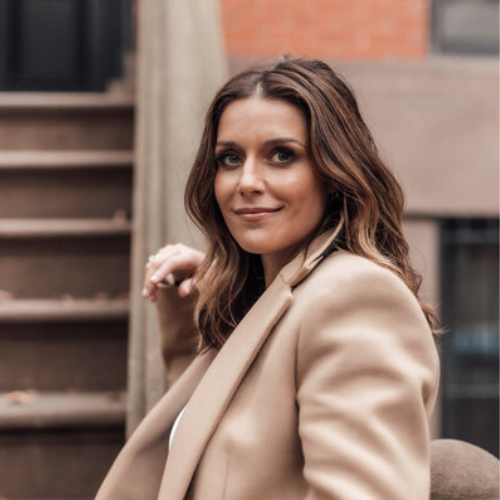
![[Template] Website Member Feature Banner (1) [Template] Website Member Feature Banner (1)](https://entreprenista.com/wp-content/uploads/2024/07/Template-Website-Member-Feature-Banner-1-3.png)
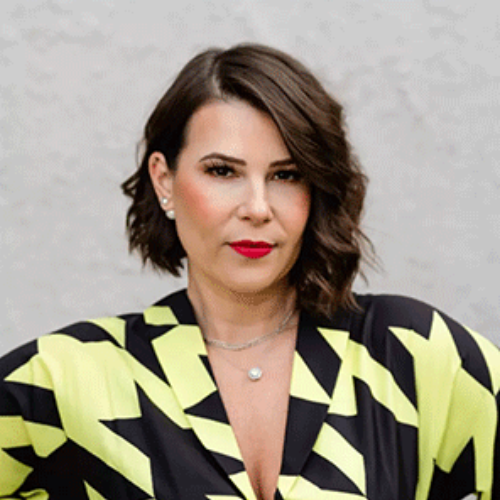
![[Template] Website Member Feature Banner (1) [Template] Website Member Feature Banner (1)](https://entreprenista.com/wp-content/uploads/2024/07/Template-Website-Member-Feature-Banner-1-2.png)
![[Template] Website Member Feature Banner (1) [Template] Website Member Feature Banner (1)](https://entreprenista.com/wp-content/uploads/2024/07/Template-Website-Member-Feature-Banner-1-1.png)
